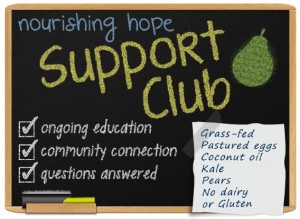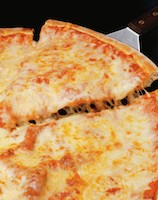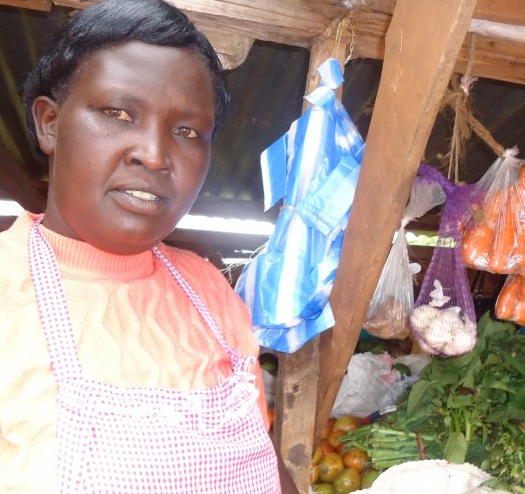The Nourishing Hope Support Club is led by nutritionist Julie Matthews and created to help support families of children with autism and ADHD to understand how to apply food and nutrition choices based on each child’s individual biochemistry. She has extensive experience on how food compounds such as salicylates, oxalates, glutamates, and food proteins affect learning, mood and health.
Once a month, Julie discusses emerging research, shares her clinical experience, answers your questions, and interviews special guests. These monthly talks help parents learn to make the most of food and supplement choices, identify possible pitfalls, and stay on track toward improving the health and learning potential of their child. Each month brings content-specific learning topics about how various special diets (gluten-free, GAPS, Paleo), nutrition concepts, and supplements help children with ADHD, autism, sensory processing disorders, and learning and developmental delays.
I am pleased to announce that, this month, I will be the guest presenter on the Nourishing Hope Support Club with Julie Matthews. I will be speaking on “Food and Mood: 9 Steps to Calm the Anxious Mind.”
Guest Speaker: Trudy Scott, Certified Nutritionist
February 26th, 5:00 pm, PST
There is much recent evidence supporting the powerful food-mood connection and there are some very exciting recent studies that support this for both anxiety disorders, stress and other mood disorders. I use a comprehensive 9 step approach with my clients to help them overcome their anxiety, depression, emotional eating and sugar cravings. It is, of course, customized to their unique biochemistry, and includes:
- Real whole traditional food, including quality grass-fed red meat and 4 unique antianxiety food solutions
- Why and how to quit sugar with no willpower required and how to control blood sugar swings
- The effects of caffeine
- The importance of optimal digestion
- The bad-mood effects of gluten
- How to balance brain chemistry with individual amino acids to improve mood and stop cravings in their tracks
- How to correct social anxiety / pyroluria with zinc and vitamin B6
- The effects of other nutrients (such as low vitamin D), hormones and medications
- Simple lifestyle changes that include sleep, exercise and yoga
In preparation for the call, I shared some of the recent research with Julie:
There is a growing body of evidence supporting the very powerful connection between food and mental health disorders such as anxiety and depression. Dr. Felice Jacka, is an Australian researcher who is one of the lead researchers on food and mental health.
In this 2010 study in The American Journal of Psychiatry, lead author Dr. Jacka, found that a “western” diet of processed or fried foods, refined grains, sugary products, and beer was associated with a higher risk of anxiety and depression in women. The “traditional” diet or real whole food diet was associated with a lower risk of anxiety and depression. This real whole food diet did include grass-fed red meat and she believes following the recommended weekly intake of red meat could boost our mental health.
Dr. Felice Jacka is also the lead author in a 2011 PLoS One paper that found that diet quality in adolescents was associated with a lower risk of mental health issues. They found that “improvements in diet quality were mirrored by improvements in mental health over the follow-up period, while deteriorating diet quality was associated with poorer psychological functioning.” The author stated that this “study highlights the importance of diet in adolescence and its potential role in modifying mental health over the life course.”
You can read the rest of the article here on the Nourishing Hope site.
I hope you can join us! I’ve known Julie for years and admire her immensely. She is truly a trailblazer in the world of nutrition for autism, ADHD, and other developmental delays.
Here is her bio: Julie Matthews is a Certified Nutrition Consultant specializing in autism spectrum disorders. She provides dietary guidance backed by scientific research and applied clinical experience. Her award winning book, Nourishing Hope for Autism, has helped people around the world to make food and nutrition choices that aid the health, learning, and behavior of those with autism, ADHD, and other developmental delays. She presents at leading autism conferences in the US and abroad, and is the Nutrition Editor of the Autism File magazine. She is on the advisory boards of the US Autism & Asperger Association and Autism Nutrition Research Center. Julie has a private nutrition practice in San Francisco, California, and supports families and clinicians from around the world. Visit http://NourishingHope.com
To learn more about the Nourishing Hope Support Club and join the call, visit: http://nourishinghope.com/support-club/





